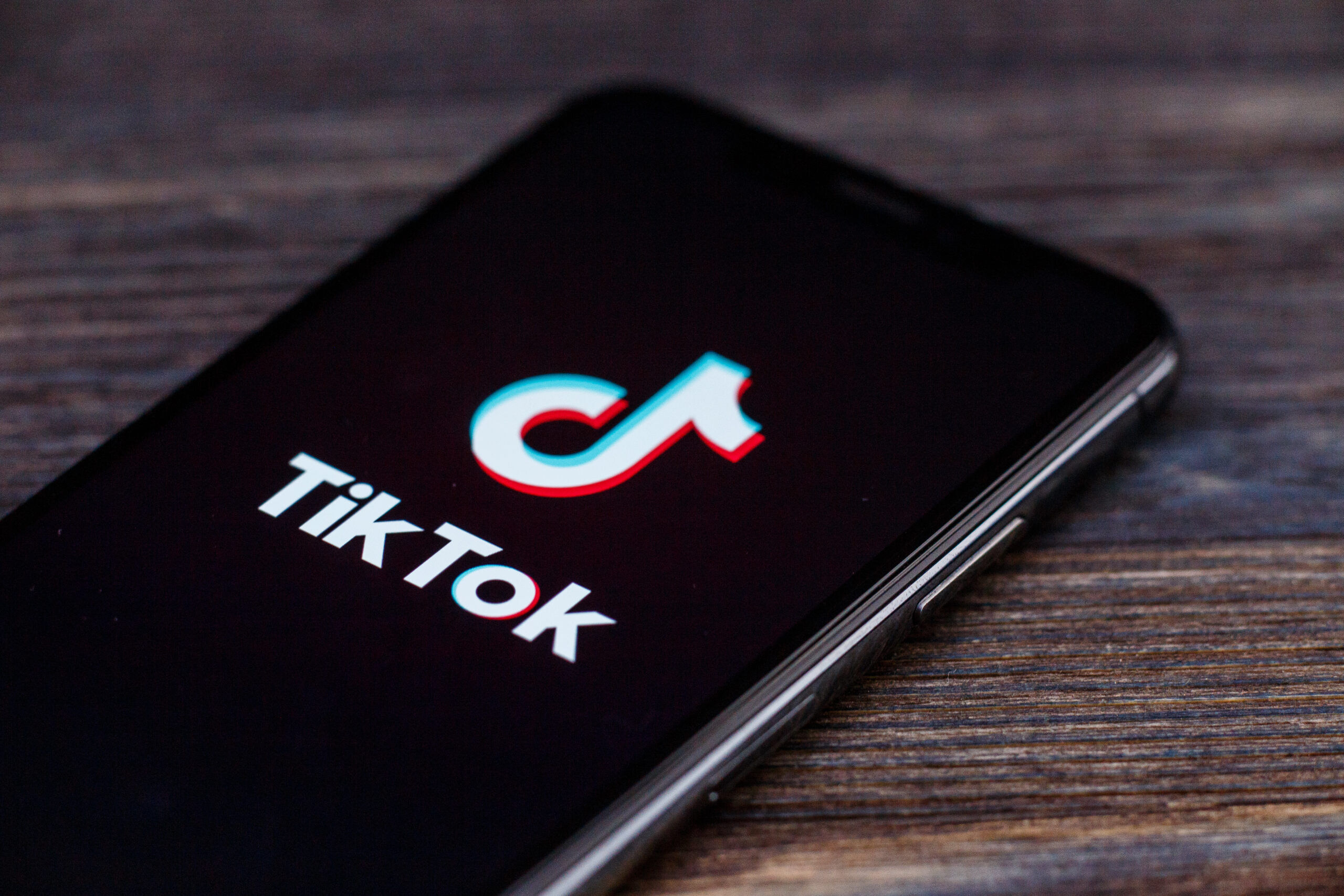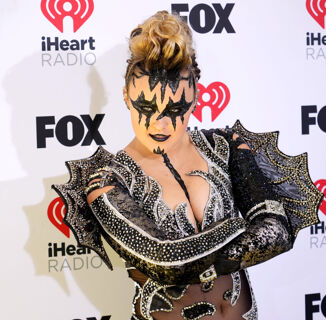Social media has increasingly become an unsafe place for LGBTQ+ users, regardless of the platform. That has become even more clear after a new report that shows that TikTok has been tracking LGBTQ+ users.
On Friday, The Wall Street Journal reported that the social media giant had been collecting a list of users who engaged with LGBTQ+ content. According to former TikTok employees, the list of users could be reviewed by staff via dashboard and using ID numbers to further monitor these user app interactions.
These former TikTok employees expressed concern about the list of users and their data being used to create worldwide lists of vulnerable users, including those from countries with severe anti-LGBTQ+ laws. The Wall Street Journal reported that these former employees raised concerns about this to higher-level executives in 2020 and 2021.
A TikTok spokesperson confirmed with The Wall Street Journal that the LGBTQ+ content user list is no longer in use and was deleted a year ago. The video sharing platform released a press statement to reaffirm the company’s stance on privacy and data security for all users, citing that “safeguarding the privacy and security of people who use TikTok is one of our top priorities.”
While TikTok reaffirmed its commitment to user privacy and security, this incident joins the running list of social media companies not acting in LGBTQ+ user’s best interests. According to GLAAD’s 2022 Social Media Safety Index (SMSI), which assessed LGBTQ+ user safety on social media, the top five social media platforms, TikTok, Instagram, Twitter, YouTube, and Facebook have become increasingly unsafe for LGBTQ+ users. Each platform scored less than 50% out of 100% and TikTok had the lowest score at 43%.
Related:
New GLAAD Survey Highlights How Unsafe Social Media Is for LGBTQ Users
Social media can be used for building community, creating a business, and expressing yourself. But when in the wrong hands, it can be used as a tool to discriminate, harass, and degrade. Well, GLAAD’s Social Media Safety Index (SMSI) survey highlights just that.
Why did the video-sharing app score so low? While the platform hinders users from being misgendered and deadnamed, ironically, it does a poor job with providing transparency on the company’s collection of information tied to sexual orientation or gender identity. Among other things, TikTok doesn’t disclose the following: if it has an LGBTQ+ policy lead, formal training in place to educate its employees on the needs of LGBTQ+ users, and options for users to control TikTok’s collection of user data pertaining to gender identity and sexual orientation.
Essentially, this leaves LGBTQ+ TikTok users vulnerable to harm from other social media users and anti-LGBTQ+ content, but also places their information at risk in TikTok’s hands. Pair this with what social media platforms across the board are doing, such as Twitter’s removal of protections for trans people, YouTube allegedly demonetizing queer content, and Facebook and Instagram not having protections against deadnaming and misgendering users, social media usage seems dismal for the LGBTQ+ community.
When the survey results launched last year, GLAAD’s president and CEO, Sarah Kate Ellis, issued a statement on the harm of social media on LGBTQ+ users.
“Today’s political and cultural landscapes demonstrate the real-life harmful effects of anti-LGBTQ rhetoric and misinformation online. The hate and harassment, as well as misinformation and flat-out lies about LGBTQ people, that go viral on social media are creating real-world dangers, from legislation that harms our community to the recent threats of violence at Pride gatherings.”
Don't forget to share:
Help make sure LGBTQ+ stories are being told...
We can't rely on mainstream media to tell our stories. That's why we don't lock our articles behind a paywall. Will you support our mission with a contribution today?
Cancel anytime · Proudly LGBTQ+ owned and operated
Read More in The Internet
The Latest on INTO
Subscribe to get a twice-weekly dose of queer news, updates, and insights from the INTO team.
in Your Inbox














